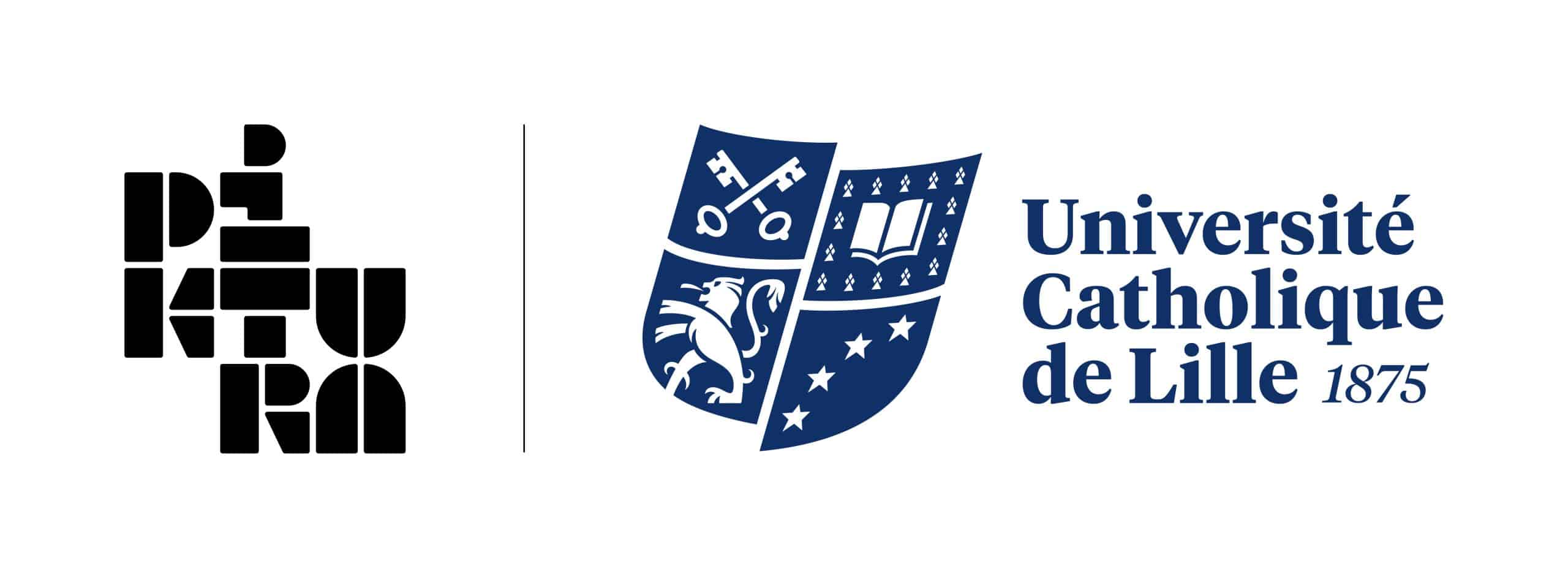
Moteur de jeu
Etablissement : PIKTURA Ecole de l’image
Langue : Français
Formation(s) dans laquelle/lesquelles le cours apparait :
Période : S3
Ce cours est un cours d’initiation, il ne nécessite donc aucun pré-requis particulier.
Les étudiants devront être capables de naviguer facilement dans l’interface de l’éditeur d’Unity afin de réaliser des prototypes basiques de jeux-vidéo en 2D statique (UI). Pour cela il devront comprendre et connaître les notions de GameObject, Components, Transform, RectTransform etc. ainsi qu’être capable de faire des liens entre un script Csharp Monobehaviour et l’interface d’unity.
Via des TD et des “mini-projets”, les étudiants découvriront l’utilisation du moteur de jeux Unity dans le cadre d’une utilisation pour de la 2D statique (UI)
-
Mini-projets
-
Visual Novel (Oct.)
-
Top Down (O. Carlot – Nov.)
-
-
Clicker (Déc.)
-
Golf (2ème Semestre)
-
JRPG (2ème Semestre)
-
Projet mystère (2ème Semestre)
-
-
TD
-
Visual Novel
-
Menu
-
Clicker
-
Zelda like
-
Angry Bird (2ème Semestre)
-
Shmup (TP ouvert)
-
Smash (2ème Semestre)
-
JRPG (2ème Semestre)
-


